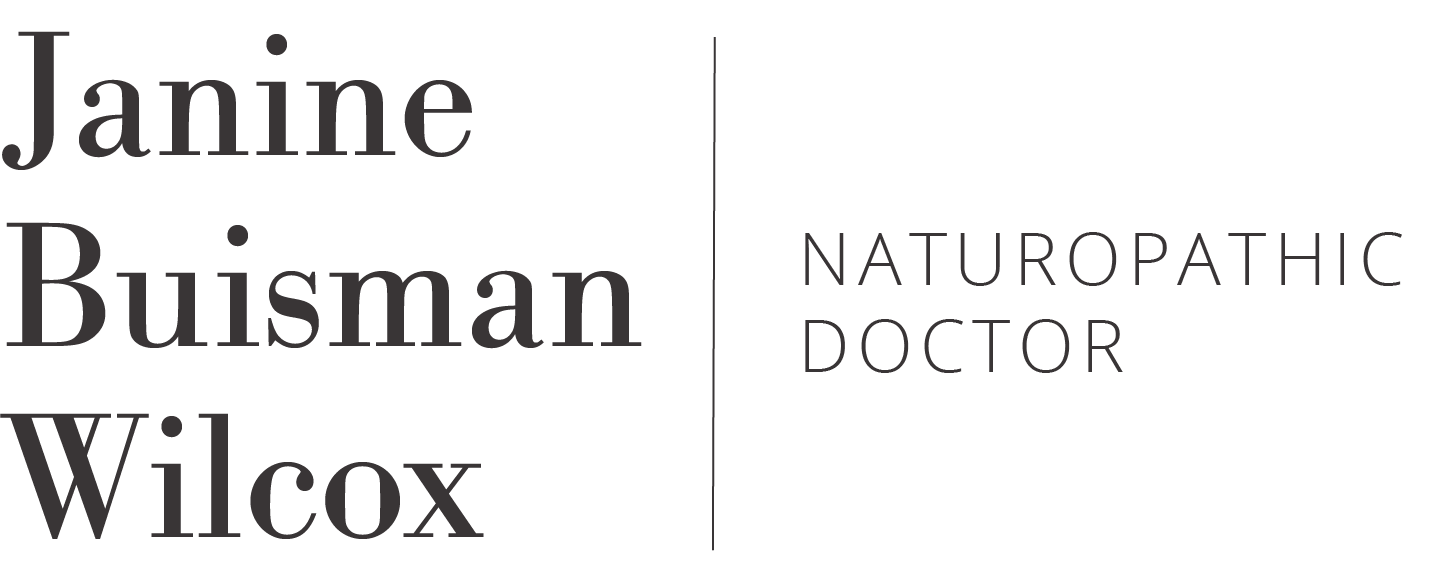Thyroid Testing
The thyroid gland is a small gland in the neck that plays a huge role in energy and metabolism. Thyroid hormones impact body temperature, stimulate protein synthesis, increase use of sugar and breakdown of fat for energy production. They accelerate growth, especially of nervous tissue, and affect mood, emotions, memory, and thinking processes. Without proper functioning there are many processes in the body that slow down, which can lead to further health concerns and symptoms.
Symptoms of low functioning thyroid are common and many of them are why women come to see me. Symptoms can include:
Fatigue
Weight that won’t budge
Cold hands/feet
Changes to hair and nails - brittle, thinning, scaly, dry
Muscle weakness
Constipation
Deepening of voice
Depression, poor concentration, slower thinking
Lower blood pressure and slower pulse
The majority of the women seeing me with these symptoms have been told their thyroid is fine, however when we dig deeper we see that only one piece of the puzzle has been checked - the TSH or thyroid stimulating hormone. The full thyroid cycle looks like this:
Hypothalamus (part of the brain) makes TRH (thyrotropin releasing hormone)
TRH tells the pituitary gland to make TSH (the lab marker that I mentioned is typically tested).
TSH tells the thyroid gland to make thyroid hormone - T4 (thyroxine) primarily and a little bit of T3
T4 is then converted to T3 or reverse T3 in liver, kidney, and cells, using selenium.
T3 is the active thyroid hormone that is performing the primary function in the body. Reverse T3 is an inactive form that can impact the function of T3.
Looking at this whole flow of TSH, T4, T3 and reverse T3 tells us so much more about function and where to target our treatment. TSH is a marker of communication rather than function, and it fluctuates (it will even drop throughout the day), where as T3 and T4 stay more static.
In addition to this, the majority of thyroid concerns are actually caused by an autoimmune process where the immune system is attacking the thyroid gland. These antibodies damage the thyroid gland and can lead to overall decreased function. Conventionally, it doesn’t change the course of treatment/medication for hypothyroidism, which is levothyroxine or synthroid (a synthetic form of T4), but Naturopathically it changes everything. Any autoimmune condition means the immune system out of whack so our treatment plan will focus on getting that under control. The two antibodies at play in hypothyroidism are:
TPO (thyroid peroxidase antibodies)
TG (thyroglobulin antibodies).
Sometimes we will even see these antibodies rise before we see ANY changes in overall thyroid function.
In summary, to have a full understanding of your thyroid function when we’re suspecting hypothyroidism, we want to look at: TSH, T4, T3, reverse T3, TPO and anti-TG. Your thyroid gland impacts the function of your entire body! Knowing the whole picture allows us to target our treatment appropriately so that you can feel good again!

